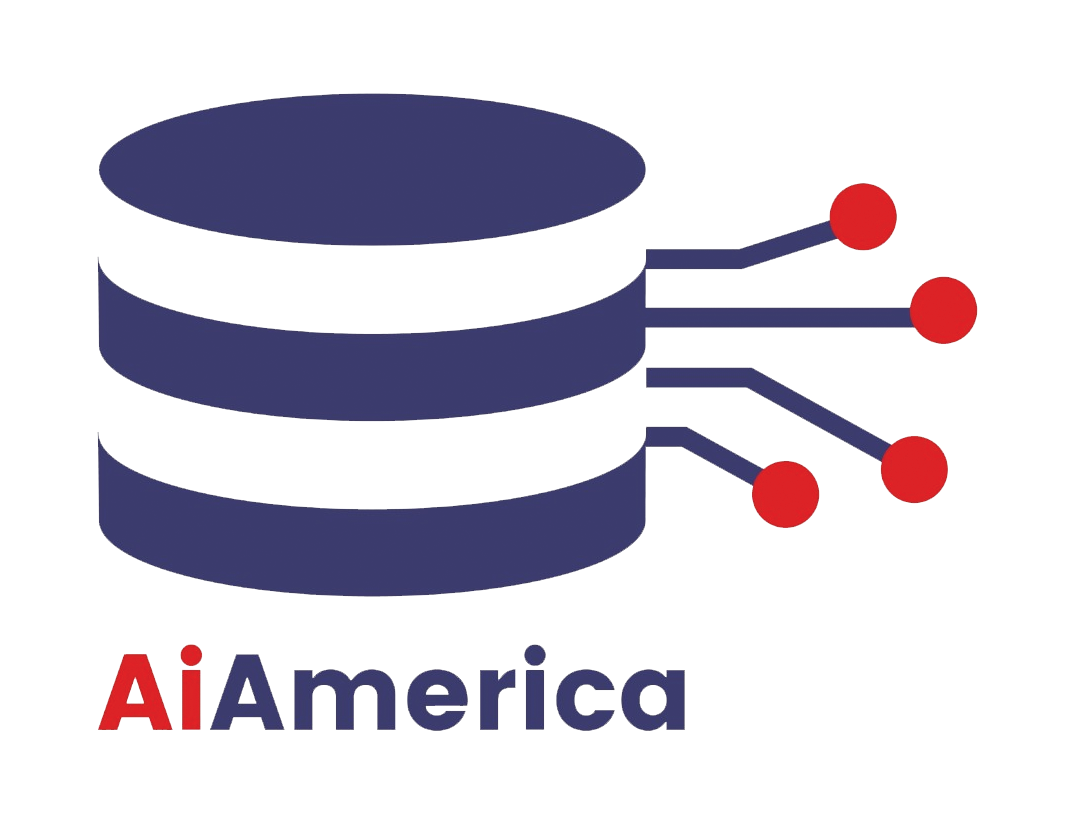
The AI landscape in 2025 is marked by rapid evolution, with significant advancements around multimodal models like GPT4o and the rise of agentic AI systems. Together, these technologies are shaping the future of intelligent automation and interactive AI capabilities.
GPT4o Evolution: A Multimodal AI Flagship
GPT4o, unveiled in May 2024 by OpenAI, represents a major leap in generative AI, combining text, vision, and audio understanding into a single unified model. It supports real-time reasoning with input from diverse modalities such as spoken language, images, and video, responding naturally with text, voice, or visual outputs.
Key features and developments in GPT4o include:
- High-speed audio input and response times comparable to human reaction speeds.
- Structured output capabilities for generating highly controlled content formats like JSON.
- Increased token limits (up to 16,384 tokens) enabling deep, context-rich interactions.
- Enhanced multilingual and multimodal understanding improving accuracy in varied contexts and languages.
- Continuous incremental improvements, with high efficiency and broad applicability—from coding assistance to creative writing and technical analysis.
GPT4o exemplifies the shift toward omni-capable AI models that seamlessly integrate multiple sensory inputs and generate nuanced, contextually aware outputs, facilitating more natural and effective human-AI collaboration.
Agentic AI: Autonomous Intelligent Agents Transforming Industries
Agentic AI refers to autonomous AI systems capable of independently planning, reasoning, learning, and acting to achieve complex goals. Unlike traditional AI that passively responds to specific prompts, agentic AI systems proactively manage multi-step workflows and adapt dynamically to evolving environments.
Emerging trends of agentic AI in 2025 highlight:
- Automated Customer Service at Scale: AI agents autonomously resolve support issues, predict problems, and take preemptive corrective actions without human intervention.
- Supply Chain Optimization: Multi-agent AI monitors logistics in real-time, rerouting shipments dynamically to reduce delays and optimize costs.
- Self-Healing Systems: Agents detect and autonomously fix operational issues to minimize downtime and increase system reliability.
- Multi-Agent Collaboration: Groups of AI agents work together efficiently on complex tasks, sharing real-time information and context.
- Hyper-Personalized Experiences: Agents tailor recommendations and interactions adaptively based on learned individual preferences.
The agentic AI market is expected to reach over $10 billion in 2025, growing at a CAGR greater than 50%, driven by adoption in customer service, finance, healthcare, and beyond. Gartner predicts by 2029, agentic AI will autonomously resolve up to 80% of routine customer service issues, leading to a 30% operational cost reduction.
Prominent models like GPT-5 now excel at agentic tasks, showing significant improvements in instruction-following, tool use, long-context performance, and multi-step reasoning. GPT-5 can maintain over 400,000 tokens of conversational context and exhibit superior stability and reliability in autonomous workflows, advancing the practical deployment of AI agents.
The Synergy of GPT Evolution and Agentic AI
The intertwined progress of multimodal GPT models and agentic AI systems is ushering in an era where AI:
- Understands and processes complex, multi-modal information streams.
- Operates autonomously, performing sophisticated tasks without constant human oversight.
- Adapts and learns dynamically through reinforcement and continuous feedback.
- Interfaces seamlessly with external tools, APIs, and enterprise systems for real-world impact.
Together, these trends are enabling AI to evolve from simply generating text or responses into versatile digital agents that can see, hear, think, plan, and act autonomously—transforming industries and enhancing productivity on an unprecedented scale.









